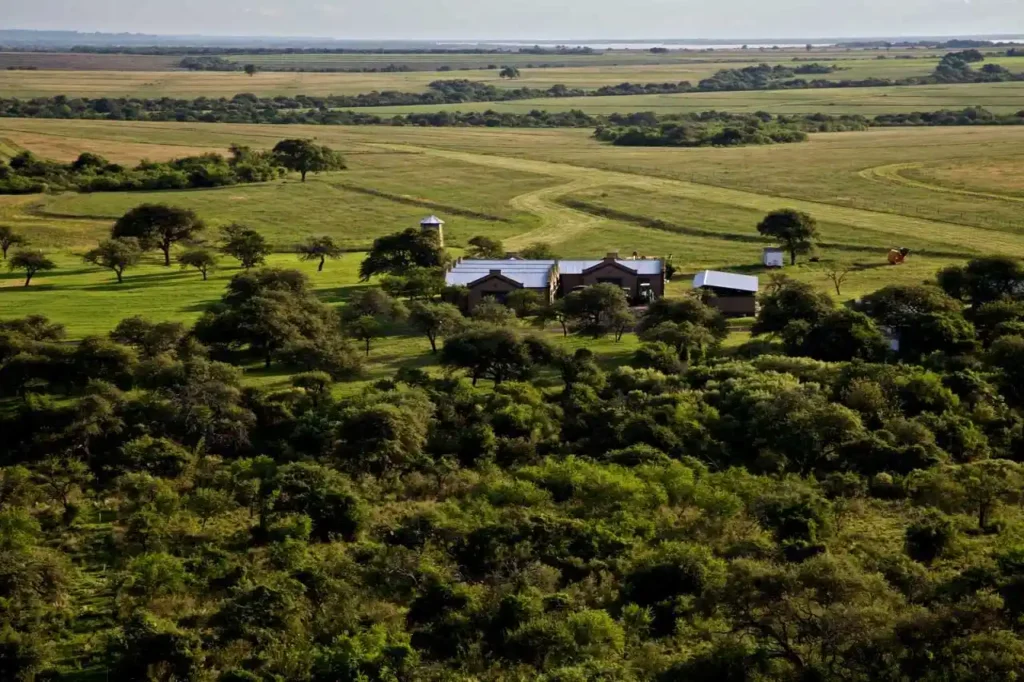Georgia has rapidly risen as a dominant force in the film industry, earning the nickname “Hollywood of the South.” This shift is not just changing entertainment; it is reshaping the state’s real estate landscape. The demand for land has surged as production companies seek diverse filming locations, soundstages, and production hubs. But how exactly is the film industry fueling this demand? Let’s explore.
How Georgia Became a Film Powerhouse
The transformation of selling land in Georgia into a top-tier filming destination was no accident. In 2008, the state implemented the Georgia Entertainment Industry Investment Act, a policy offering substantial tax incentives to attract filmmakers. Productions that meet specific requirements can receive tax credits, significantly reducing costs and making Georgia a highly attractive location.
This initiative worked. By 2016, Georgia had surpassed California in feature film production, hosting major blockbusters and TV series. Today, the state remains a preferred destination for global filmmakers, with movies and shows like The Walking Dead, Stranger Things, and Black Panther filmed on its soil.
Economic Growth and Job Creation
The film industry has become a powerful economic engine for Georgia. In 2022 alone, film and television productions injected $4.4 billion into the state’s economy. This impact extends beyond production companies—sectors like hospitality, transportation, construction, and tourism have also experienced substantial benefits.
Additionally, the industry has opened up new employment opportunities. Specialized film training programs are equipping Georgia’s workforce with skills in cinematography, set design, and production management, leading to long-term career growth.
Real Estate Boom: The Demand for Land and Properties
With Georgia’s reputation as a filmmaking hotspot cemented, the demand for real estate has skyrocketed. Production companies require studio space, warehouses, open land, and urban properties to support large-scale film shoots.
To meet these needs, Georgia has developed an extensive location database where property owners can submit their homes, businesses, or land for filming consideration. This presents an income-generating opportunity for landowners across the state.
Revitalizing Rural Areas
The film industry’s impact is not limited to major cities like Atlanta. Production crews actively seek diverse locations, which has led them to Georgia’s small towns and rural landscapes. As a result, these lesser-known areas have seen a rise in economic activity.
Local businesses—from restaurants to hotels—benefit from temporary influxes of film crews. Meanwhile, industries such as lumber and construction have expanded, as film sets require large amounts of building materials.
Infrastructure Expansion for a Thriving Industry
To support its booming film sector, Georgia has invested heavily in new soundstages, production facilities, and logistical hubs. These infrastructure developments not only cater to high-budget productions but also generate thousands of jobs in the construction and service industries.
With continued state support and investment, Georgia is well-positioned to maintain its status as a top destination for film and television production.
Key Takeaways
- Economic Growth: The film industry continues to inject billions into Georgia’s economy, stimulating various sectors.
- Increased Demand for Properties: Urban spaces, rural landscapes, and large warehouse-style buildings are highly sought after.
- Rural Revitalization: Small towns benefit from increased tourism, business activity, and demand for filming locations.
- Infrastructure Development: The need for studios, production sites, and crew accommodations has driven large-scale construction.
Final Thoughts
Georgia’s rise as a major film production hub is reshaping its real estate market in profound ways. With strong state support, diverse landscapes, and growing infrastructure, the demand for land will continue to expand. Whether in bustling urban centers or quiet rural towns, the film industry’s presence is creating new opportunities for property owners, investors, and local economies.
Frequently Asked Questions
Q: What tax incentives make Georgia attractive for film production?
A: Georgia offers generous tax credits to productions that meet specific criteria under the Georgia Entertainment Industry Investment Act.
Q: How has the film industry affected Georgia’s economy?
A: The industry has generated billions in revenue, created jobs, and boosted various business sectors, from tourism to construction.
Q: Are rural communities seeing benefits from the film industry?
A: Yes. Rural areas have gained economic momentum as productions seek unique locations, boosting local businesses and the housing market.
Q: What types of real estate are in demand due to the film industry?
A: Studio spaces, vacant land, urban properties for production offices, and rural areas with scenic landscapes are highly sought after.
Q: How can Georgia property owners profit from the film industry?
A: Owners can list their properties in official film location databases, making them available for potential rental to production companies.

